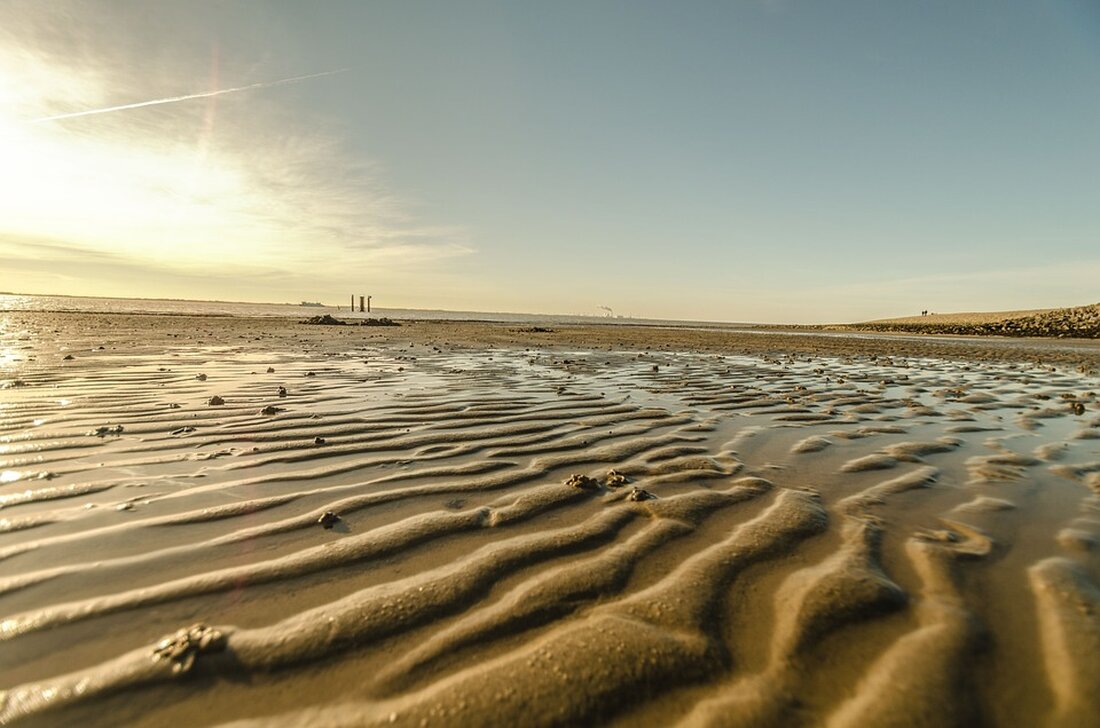Emden plans the largest hydrogen system in Europe-EWE in advance
Find out everything about the major project on hydrogen production in Emden, which is built by 2027 one of the largest electrolysis in Europe. The EWE energy supplier and the consulting company Drees & Sommer bundle their expertise to generate up to 26,000 tons of green hydrogen annually. Discover how this project contributes to the energy transition and to avoid network bottlenecks. Read more!

Emden plans the largest hydrogen system in Europe-EWE in advance
The role of hydrogen in the energy transition: EWE and Drees & Sommer in Emden
In a significant step for the energy addition, the EWE energy supplier plans to build a large hydrogen generation plant in Emden, Lower Saxony. This project, which is to be realized by 2027, is not only a technical undertaking, but also an important element for the regional industry and the entire energy transition in Germany.
meaning of the project for industrial
The intended electrolysis system with a capacity of 320 megawatts is generated annually up to 26,000 tons of green hydrogen, which is primarily used in the steel industry. Green hydrogen, which is produced by wind energy, has the potential to sustainably reduce emissions in industrial branches. This development is crucial to achieve Germany's climate goals and to establish a more environmentally friendly production process.
Complexity of the implementation
The implementation of such a large project requires careful planning and management. Here the consulting company Drees & Sommer comes into play. The company has taken responsibility for project management, approval management and engineering management. The project manager of EWE, Kerstin Kuwan, expresses her confidence in the experience of the company: "Drees & Sommer brings many years of expertise in the implementation of complex projects." The team has to deal with numerous technical and organizational challenges to implement the project on schedule and in the planned budget.
Effects on the regional power grid
In addition to the system in Emden, EWE also plans an electrolysis system in Bremen, which is intended to help avoid network passes. These projects are part of the comprehensive "Clean Hydrogen Coastline" (CHC) program, which is intended to integrate the production, storage and use of hydrogen. These measures strengthen both the local infrastructure and support the requirements of the energy transition.
funding from the IPCEI program
The project receives significant support from government funding. As part of the IPCEI program, EWE received a total of 500 million euros to promote the development of these future-oriented technologies. This shows how important the Federal Government assesses hydrogen as a central energy source for future energy supply.
Overall, the hydrogen project in Emden is not only a significant progress for EWE and Drees & Summer, but will also have a significant influence on regional and national energy supply as well as the reduction of CO2 emissions. This means that this project symbolizes the urgently needed transition to more sustainable energy sources.

 Suche
Suche
 Mein Konto
Mein Konto
